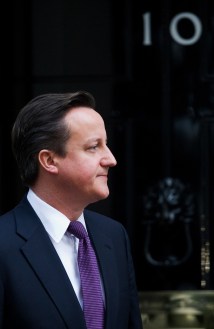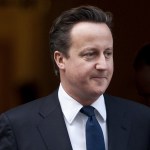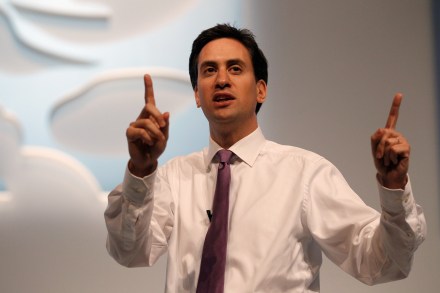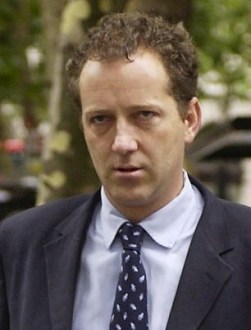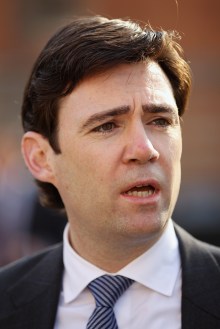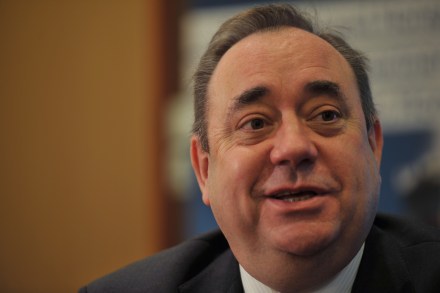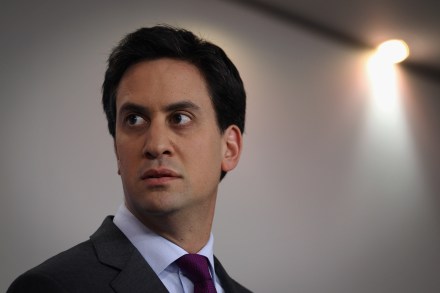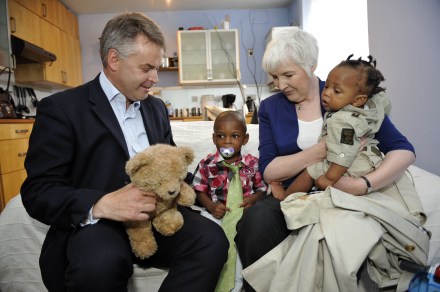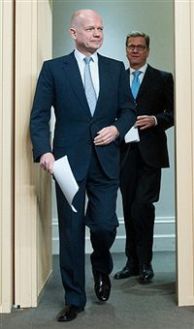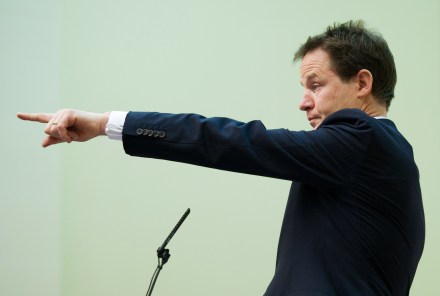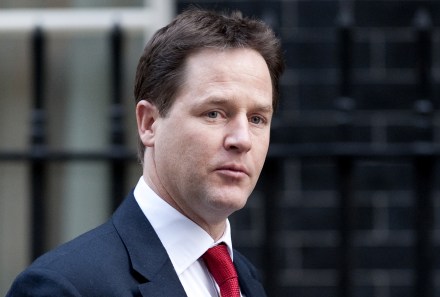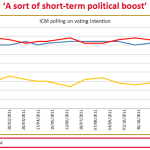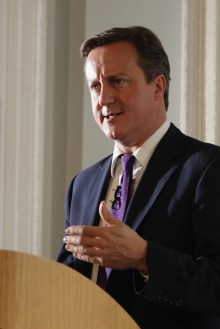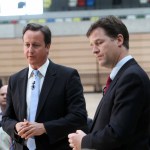What’s more important to Cameron: actual fairness or presentational fairness?
James has already blogged the Sunday Telegraph’s interview with David Cameron, but some other things stand out from it — and not just the PM’s unthinking attack on Ed Balls either, for which he has since apologised. Take these paragraphs on tax, for instance: ‘The Prime Minister effectively rules out any move towards a “mansion tax” — a levy on high-priced properties proposed by the Liberal Democrats — or indeed any new tax on wealth. “I don’t believe, generally speaking, we should be looking at endless additional taxes.” However, he signals that the 50p top rate of income tax, on earnings above £150,000, will remain for the time being, despite
